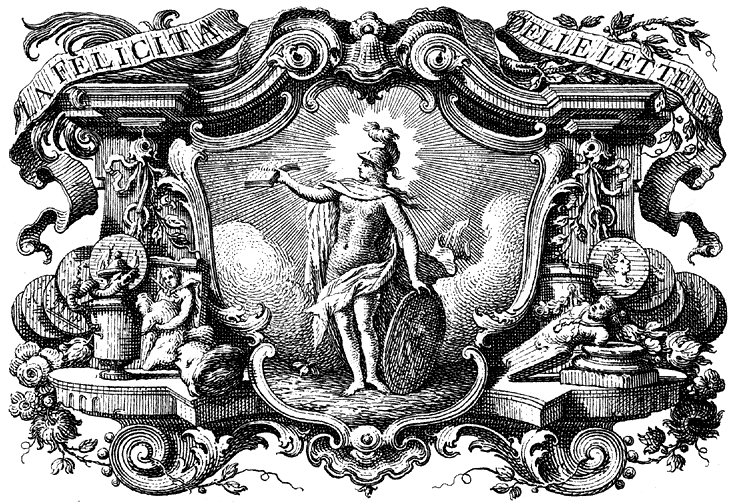Tolerant Europe. Inclusions, exclusions and minorities and the construction of Europe, 1680-1789
Amsterdam (Olanda), 25-27 giugno 2013
Panel at the XX International Conference of Europeanists
Info: dauria@historyideaofeurope.org
Call for papers entro il 13 ottobre 1012
Some of the most important cultural, social and intellectual changes taking place in eighteenth-century Europe are tied to the shift occurring in the notion of ‘tolerance’. Importantly, during the century, from an essentially religious concept tolerance also became a political and cultural one – as proven by Usbeck’s remarks or Vico’s writings – a shift, for example, captured in the German world by Mendelssohn. All of the foremost thinkers of the age, from Spinoza to Locke, from Voltaire to Montesquieu, to Toland, Giannone and Lessing, wrote on the concept and some campaigned for more tolerant policies. The plethora of writings on the idea of tolerance was accompanied by the proclamation of the Toleration Act (1689), the Toleranzpatent by Joseph II (1781) and the 1787 edit by Louis XVI. To an extent, this confirms the growing importance, beyond intellectual circles, of the notion.
However, while the concept of tolerance represented an important step forward in the development of Europe, the idea itself was not without ambiguities. In fact, ‘tolerance’ was and is a ‘negative’ concept inasmuch as it accepts a lesser evil – the existence of a different and often inferior ‘other’ – to a greater evil – the eruption of overt social and political conflicts. Frtom this angle it might be argued that the idea of tolerance hides processes of inclusion and exclusion and creation of borders, identities, and hierarchies. On such processes, and on the ambiguities of tolerance as a technique of power, scholars still need to shed light.
Although the eighteenth-century notion has received much attention, few studies focus on how ‘tolerance’ influenced the feeling of ‘Europeanness’ and how and to what an extent it was construed as a peculiar trait of the European world – at once an element to be proud of and, at times, the mark of a supposed European ‘superiority’. The present panel tries to address precisely such an issue, highlighting the close relationship between the way Europe imagined itself and the development of the notion of religious, political and cultural tolerance – as an hallmark of ‘progress’ as well as one of the greatest achievements of the European mind. There is in fact much to be said on the relationship between the relationship between the notion of tolerance and the idea of Europe, not lastly because even the latter refers to process of inclusions and exclusions – processes it tries to defuse and control. From this angle, the parallel between the hidden aspects of ‘tolerance’ and the ‘dark side’ of Europe might be particularly seminal.
The time-span considered is the so-called long eighteen century (roughly 1680-1789). Original work by cultural, political, social intellectual and art historians is welcome.
If you would like to present a paper (max 15 minutes), please send an abstract in English (max 300 words), including a suitable title and a short biography by 13 October 2012 to Giuseppe Foscari (University of Salerno) gfoscari@unisa.it or to Matthew D’Auria (University of Salerno) dauria@historyideaofeurope.org. Please note that the working language is English.
